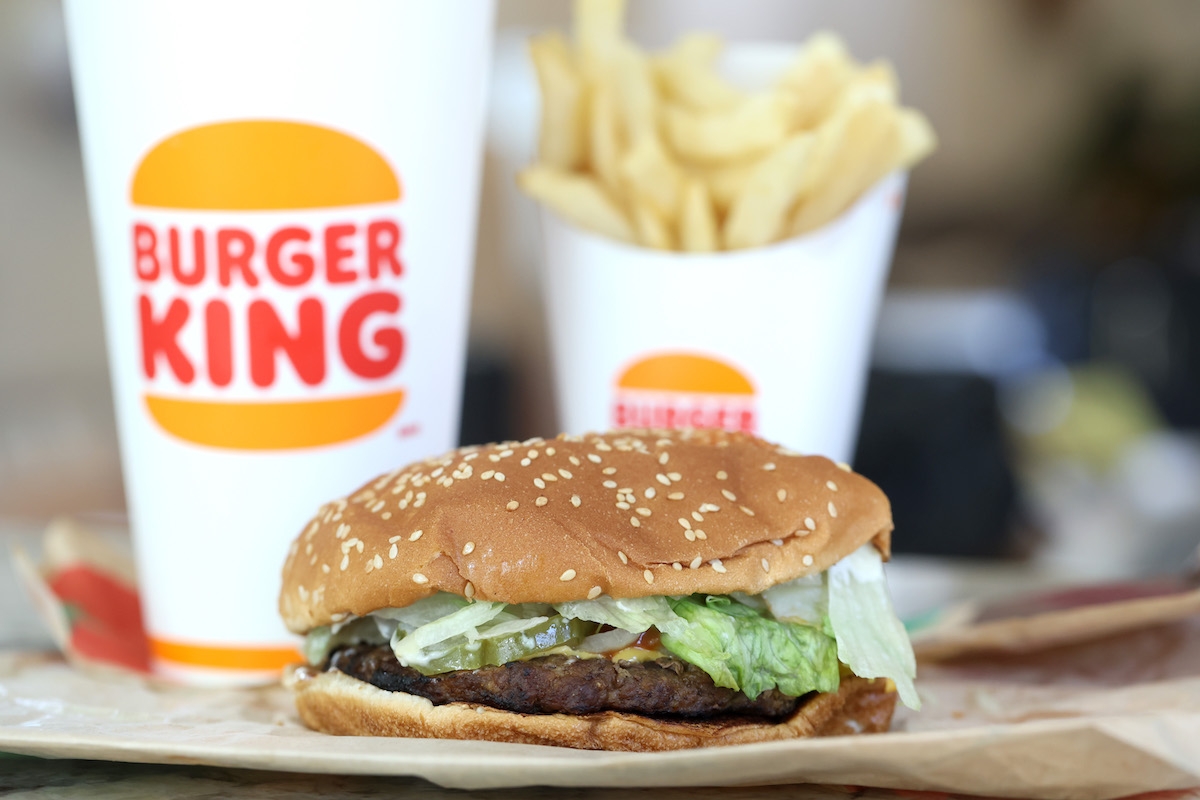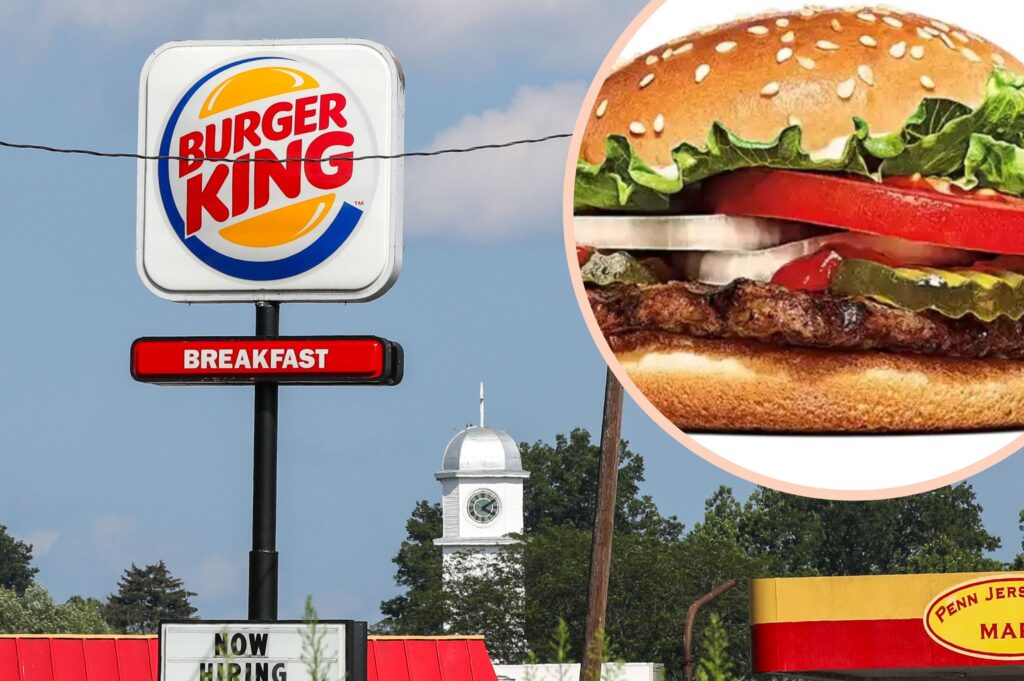News
Burger King faces lawsuit over the size of its Whopper
31 Aug 2023
2m
Burger King is facing a lawsuit over the size of its Whopper.
Over in the US, the fast food eatery has landed in hot water after customers complained its Whopper looked bigger on in-store menus than it did IRL.
A district judge in Miami rejected Burger King’s bid to dismiss the class action lawsuit, which was brought by disgruntled customers.
The main complaint is that Burger King’s menu suggests the Whopper has ingredients that “overflow over the bun,” whilst the lawsuit also states it appears 35 percent bigger on menus, and with more than double the meat.
Burger King, which is a unit of Restaurant Brands International, said that it wasn’t meant to deliver a burger which looked “exactly like the picture”.

The Burger King Whopper didn’t meet customers’ expectations (Credit: Getty)
However, the judge has stated the jury must decide what “reasonable people” would think of the pictures and the item they received and whether the chain was breaching a contract with customers.
Despite questions over in-store menus, he did go on to dismiss claims that Burger King had misled customers in TV and online ads.
“The flame-grilled beef patties portrayed in our advertising are the same patties used in the millions of Whopper sandwiches we serve to guests nationwide,” a Burger King rep said in a statement.
This isn’t the first time a fast food chain has promised more than it has delivered.
In the past, McDonald’s, Taco Bell, Yum Brands and Wendy’s were accused of similar during a lawsuit in New York.
The Taco Bell lawsuit claimed the brand was selling pizzas and wraps which allegedly contained half the amount of filling in comparison to ads.
Here in the UK, there have been similar gripes in the past. In fact, the Advertising Standards Authority (ASA) upheld a customer’s complaint about an ad for a Burger King chicken burger back in 2010, stating: “In that case, the burger was not as plump and did not have as much filling as in the ad and so we banned it.
“Consumers should be able to trust the ads they see and hear. Ads should not be materially misleading, should not be ambiguous and should not exaggerate or leave out any important information,” she added.
Featured image: Getty/ Burger King



.png_67sCcN?tr=w-2560,f-webp,q-70)